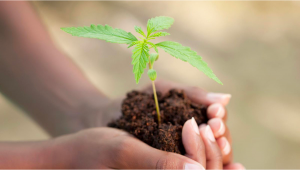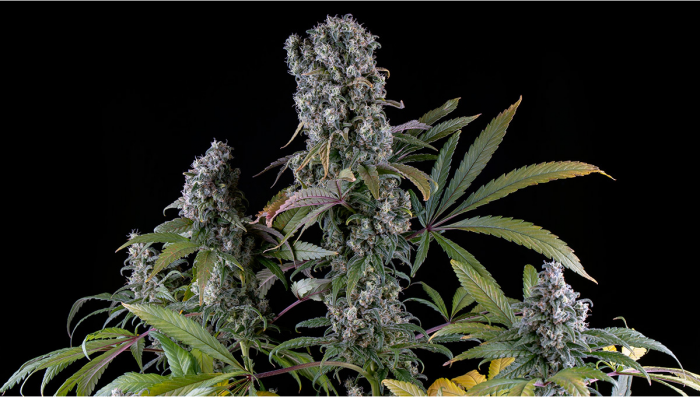Genetic Sequencing Shows Cannabis Was Domesticated 12 Millennia Ago

Many people fail to realize that the current interest in cannabis isn’t just a recent fad and that this plant species has been serving various needs of humans for thousands of years.
A recent study has found genetic evidence that cannabis was domesticated as far back as 12,000 years ago. The ancestor to all those cultivars growing under artificial lights, on fields, and in the wild today was a strain of hemp from Northwest China.
Humans were early to recognize the many benefits of this plant and have cultivated it for millennia, thus making it one of the first domesticated crops. Archeologists tell a similar story as traces of hemp, such as markings of hemp cord on pottery, have been found in many archeological sites around the world.
A Common Ancestor of All Modern Weed Is Now Extinct
A scientist from Switzerland, Luca Fumagilli, and his colleagues from other countries launched an ambitious project of sequencing the genomes of 80 cannabis and hemp strains from around the planet. To this, they added another 30 genomes that have been sequenced earlier.
The evidence of the analyses shows that the ancestor of all modern cultivars was growing wild in the northwest corner of China. This species is now extinct, but its close relatives are still growing in the same region.
Selective Breeding Only Started 4,000 Years Ago
The same as today, when we cultivate and use cannabis for extremely diverse purposes, ancient people utilized this plant as a source of fiber and as a medicine, consumed its seed oil as food, and even used its psychoactive powers in religious rituals.
However, the genetic evidence shows that they didn’t try to select cultivars to suit all those needs until about 4,000 years ago. After that, they began to breed it which resulted in the emergence of two distinct modern subspecies. One has long stalks with very high fiber content, the other has a shorter stalk, more side branches, and resinous flowers.
And, naturally, there was an explosion in selective breeding in the last few decades, when genes were manipulated to achieve the highest possible levels of THC and—more recently—also terpenes, marijuana’s aromatic substances.











Comments